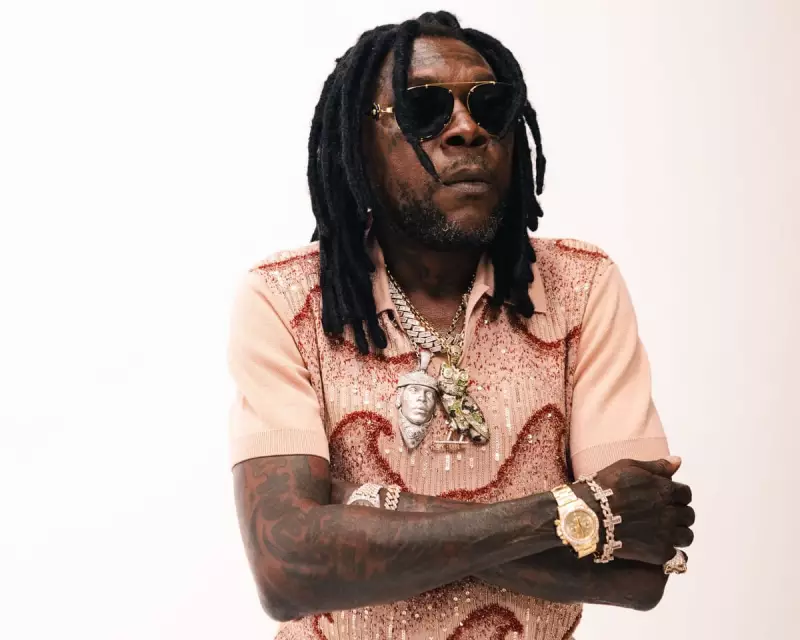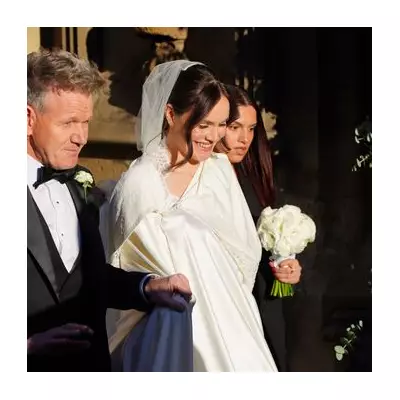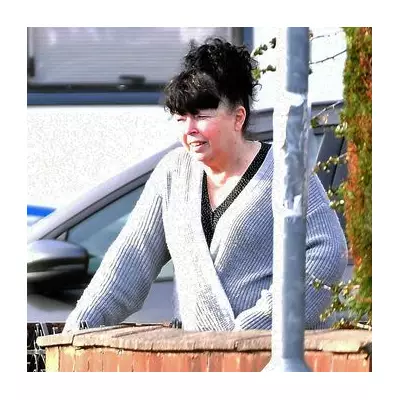
When the UK government's emergency alert test sounded during our interview at London's Four Seasons hotel, Vybz Kartel jumped up in panic. "Me ready fi run you know!" he exclaimed, before we both laughed at the reaction. This moment of shared humour revealed something deeper about the psychological scars left by his years in Jamaican prisons.
The Weight of Freedom
Adidja Palmer, better known as Vybz Kartel, is finally free at 49. The dancehall icon was released in July last year after the UK Privy Council overturned his 2014 murder conviction for the killing of his associate Clive "Lizard" Williams. Jamaica's final court of appeal remains in Britain due to its colonial history.
Speaking about life after incarceration, Kartel reveals profound changes. "My sleeping habits have changed … if I hear a key shake, it traumatise me," he explains, describing how wardens would jingle keys before prisoner head counts. Despite refusing therapy, he acknowledges using smoking and drinking as coping mechanisms since his release.
This vulnerability contrasts sharply with his public persona. Days before our meeting, I watched him triumphantly emerge from a prop prison cell at London's O2 Arena, launching into his recent hit "The Comet" while wearing sparkling red Givenchy.
Prison Health Crisis and Creative Resilience
Contrary to assumptions about celebrity treatment in prison, Kartel's experience was bleak. In 2014, he was diagnosed with Graves' disease, an autoimmune condition worsened by filthy conditions at Jamaica's Tower Street Adult Correctional Centre. His legal affidavit stated he feared dying in prison with his heart functioning at just 37% capacity.
"I was in urgent need of medical help that the state could not provide," he says. His health was so poor that during his welcome-home concert in Kingston last New Year's Eve, he struggled to breathe and walk on stage.
Despite imprisonment, Kartel remained remarkably productive. In 2016 alone he released 50 new songs, with Rolling Stone noting he "still rules dancehall." His track "Fever" achieved gold certification in the US and silver in the UK - all recorded on an iPhone 5S from his prison cell.
He watched dancehall's global explosion from behind bars, including Drake's adoption of the sound on his 2016 album "Views" and the signing of Kartel's protégé Popcaan to Drake's OVO label. "It didn't feel good, but I'm a type of person that is gonna find a way," Kartel reflects.
Legal Battles and Regrets
Kartel maintains his innocence regarding Lizard's murder, insisting "Of course I was set up." He suggests Jamaican authorities conspired against him, though evidence presented at his 2014 trial included text messages allegedly from his phone discussing dismembering Lizard, whose body has never been found.
The artist acknowledges his controversial past, including the Gully-Gaza rivalry with fellow dancehall star Mavado that sparked violent confrontations across Jamaica. By 2010, he'd been banned from several Caribbean nations.
Today, he expresses regret about multiple aspects of his past. Regarding his homophobic lyrics, he tells me: "I do regret it, because culture is powerful." As a gay man, I appreciated his candour as he explained: "In Jamaica, we learned a lot of homophobia from the church. Now I would never do that."
He also regrets bleaching his skin, calling it "that colonial mindset that makes Black people think white is right." He plans to remove old devil head and 666 tattoos as part of his cleaner path forward.
Despite his anti-colonial realisations, Kartel praises Britain's justice system. His Instagram bio features "Long live the king" with a union flag, and he opposes replacing the Privy Council with a Caribbean Court of Justice, citing Jamaica's corruption.
Now focusing on expanding dancehall's global reach through Afrobeats collaborations, Kartel embraces his freedom. "I've got a new lease on life," he says, praying daily and maintaining positivity despite ongoing health challenges. His album "Heart & Soul" is out now, marking a new chapter for the artist who continues to shape dancehall's future.





